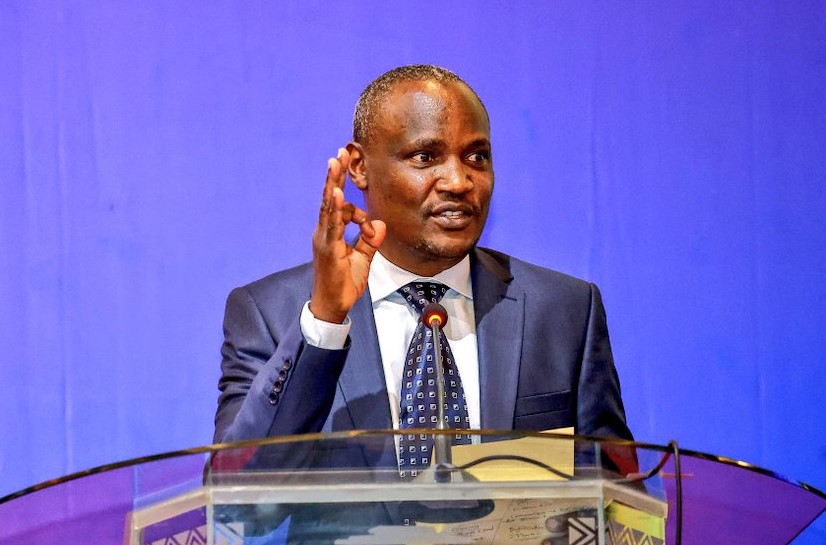National Treasury Cabinet Secretary John Mbadi has firmly stated that all government payments to suppliers must be processed through the e-procurement system, signaling a decisive move towards full automation in public procurement. Appearing before the Senate Standing Committee on Finance and Budget, Mbadi said the reforms are part of broader efforts to improve transparency, reduce fiscal deficits, and seal revenue leakages.
“The e-procurement system is here to stay. It is one of the cornerstones of our expenditure reforms and has the potential to generate up to Ksh 100 billion annually,” Mbadi told senators, adding that there will be no reversal of these measures.
His remarks come amid concerns raised by lawmakers regarding the slow sensitization and training of public institutions on how to fully implement the system. Senators warned that without adequate support, some state agencies risk being locked out of critical procurement processes.
Mbadi, however, assured the committee that the Treasury is working closely with government departments to ensure full adoption and compliance.
The emphasis on e-procurement forms part of wider fiscal consolidation efforts, especially as Kenya grapples with a rising debt burden. As of April 2025, the country’s total debt stock stood at Ksh 11.49 trillion, with domestic debt accounting for Ksh 6.16 trillion and external debt at Ksh 5.33 trillion.
Mbadi revealed that the present value of the public debt to GDP ratio stands at 66.5 percent well above the recommended threshold of 55 percent. This level is projected to persist until at least 2029, underlining the urgency of sustainable debt management strategies.
On the matter of pending bills, the CS clarified that under the current securitization framework, funds such as the Road Maintenance Levy Fund and Talanta Hela will be used solely to clear outstanding obligations. He emphasized that these funds do not constitute contingent liabilities to the government.
Mbadi’s firm stance signals a tightening fiscal regime as the Treasury intensifies reforms to enhance accountability, efficiency, and long-term sustainability in public finance management.

